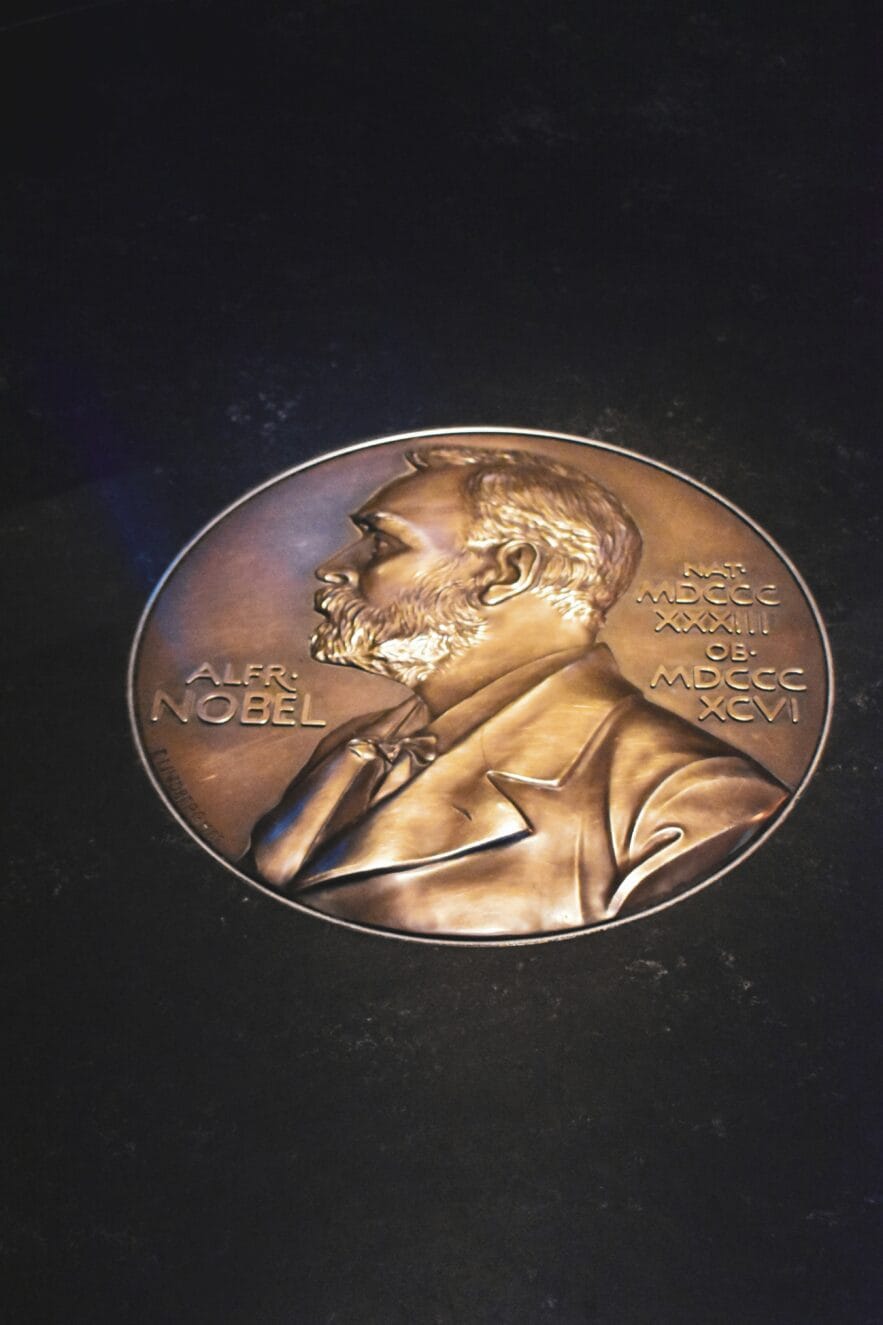The 2024 Nobel Prize in Physics has been awarded to John Hopfield and Geoffrey Hinton for their groundbreaking work in machine learning and artificial intelligence.
The Royal Swedish Academy of Sciences recognized the duo for developing methods that form the foundation of today’s powerful machine learning systems.
Hopfield, 91, a professor at Princeton University, and Hinton, 76, a professor at the University of Toronto, will share the prize sum of 11 million Swedish crowns (approximately £810,000).
Hopfield’s contribution includes the creation of an associative memory system capable of storing and reconstructing patterns in data. His work includes applications ranging from image recognition to data analysis.
Hinton, often known as the “Godfather of AI” developed methods allowing machines to autonomously identify key features in data sets. His research includes the technique in deep learning that enables AI systems to learn from experience and improve over time.
“AI smarter than Humans”
During the Nobel Prize press conference, Hinton said:
“We have no experience of what it’s like to have things smarter than us“.
He emphasized both the potential benefits of AI in areas like healthcare and the need to address possible risks.
Hinton, who made headlines last year when he left his position at Google to speak more freely about AI risks, shared his concerns about the technology potentially getting out of control. However, he maintained that he would make the same research decisions given the information available at the time.
He said, “I am worried that the overall consequence of this might be systems more intelligent than us that eventually take control.”
In 2018, Dr. Hinton was also awarded the Turing Award for his field research.
The award comes at a time when AI is rapidly advancing and being integrated into various aspects of daily life. While celebrating the technology’s potential, both laureates expressed concerns about its future impact.
Hopfield noted the dual nature of technological advancements, saying, “One is accustomed to having technologies which are not singularly only good or only bad, but have capabilities in both directions.”
During a press conference in Princeton, he said “When you get systems that are rich enough in complexity and size, they can have properties which you can’t possibly intuit from the elementary particles you put in there,”.
According to The Royal Swedish Academy of Sciences, the Nobel Prize in Physics was awarded to these two scientists because they used physics tools to create methods that are today being used to lay the groundbreaking foundation of AI.
The Nobel Committee acknowledged the broader implications of machine learning and AI. Ellen Moons, chair of the Nobel Committee for Physics, stated, “Collectively, humans carry the responsibility for using this new technology in a safe and ethical way, for the greatest benefit of humankind.”
This year’s physics prize highlights the growing importance of AI and machine learning in scientific research and everyday applications.

